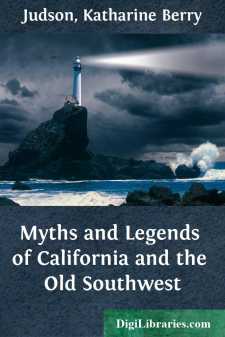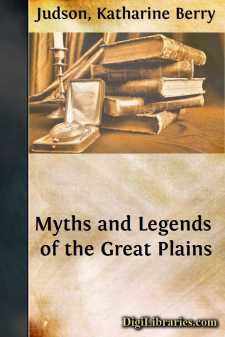Categories
- Antiques & Collectibles 13
- Architecture 36
- Art 48
- Bibles 22
- Biography & Autobiography 813
- Body, Mind & Spirit 142
- Business & Economics 28
- Children's Books 17
- Children's Fiction 14
- Computers 4
- Cooking 94
- Crafts & Hobbies 4
- Drama 346
- Education 46
- Family & Relationships 57
- Fiction 11829
- Games 19
- Gardening 17
- Health & Fitness 34
- History 1377
- House & Home 1
- Humor 147
- Juvenile Fiction 1873
- Juvenile Nonfiction 202
- Language Arts & Disciplines 88
- Law 16
- Literary Collections 686
- Literary Criticism 179
- Mathematics 13
- Medical 41
- Music 40
- Nature 179
- Non-Classifiable 1768
- Performing Arts 7
- Periodicals 1453
- Philosophy 64
- Photography 2
- Poetry 896
- Political Science 203
- Psychology 42
- Reference 154
- Religion 513
- Science 126
- Self-Help 84
- Social Science 81
- Sports & Recreation 34
- Study Aids 3
- Technology & Engineering 59
- Transportation 23
- Travel 463
- True Crime 29
Our website is made possible by displaying online advertisements to our visitors.
Please consider supporting us by disabling your ad blocker.
Myths and Legends of California and the Old Southwest
Categories:
Description:
Excerpt
Preface
In the beginning of the New-making, the ancient fathers lived successively in four caves in the Four fold-containing-earth. The first was of sooty blackness, black as a chimney at night time; the second, dark as the night in the stormy season; the third, like a valley in starlight; the fourth, with a light like the dawning. Then they came up in the night-shine into the World of Knowing and Seeing.
So runs the Zuni myth, and it typifies well the mental development, insight, and beauty of speech of the Indian tribes along the Pacific Coast, from those of Alaska in the far-away Northland, with half of life spent in actual darkness and more than half in the struggle for existence against the cold and the storms loosed by fatal curiosity from the bear's bag of bitter, icy winds, to the exquisite imagery of the Zunis and other desert tribes, on their sunny plains in the Southland.
It was in the night-shine of this southern land, with its clear, dry air and brilliant stars, that the Indians, looking up at the heavens above them, told the story of the bag of stars of Utset, the First Mother, who gave to the scarab beetle, when the floods came, the bag of Star People, sending him first into the world above. It was a long climb to the world above and the tired little fellow, once safe, sat down by the sack. After a while he cut a tiny hole in the bag, just to see what was in it, but the Star People flew out and filled the heavens everywhere. Yet he saved a few stars by grasping the neck of the sack, and sat there, frightened and sad, when Utset, the First Mother, asked what he had done with the beautiful Star People.
The Sky-father himself, in those early years of the New-making, spread out his hand with the palm downward, and into all the wrinkles of his hand set the semblance of shining yellow corn-grains, gleaming like sparks of fire in the dark of the early World-dawn. "See," said Sky-father to Earth-mother, "our children shall be guided by these when the Sun-father is not near and thy mountain terraces are as darkness itself. Then shall our children be guided by light." So Sky-father created the stars. Then he said, "And even as these grains gleam upward from the water, so shall seed grain like them spring up from the earth when touched by water, to nourish our children." And he created the golden Seed-stuff of the corn.
It is around the beautiful Corn Maidens that perhaps the most delicate of all imagery clings, Maidens offended when the dancers sought their presence all too freely, no longer holding them so precious as in the olden time, so that, in white garments, they became invisible in the thickening white mists. Then sadly and noiselessly they stole in amongst the people and laid their corn wands down amongst the trays, and laid their white broidered garments thereon, as mothers lay soft kilting over their babes. Even as the mists became they, and with the mists drifting, fled away, to the south Summer-land.
They began the search for the Corn Maidens, found at last only by Paiyatuma, the god of dawn, from whose flute came wonderful music, as of liquid voices in caverns, or the echo of women's laughter in water vases, heard only by men of nights as they wandered up and down the river trail....



